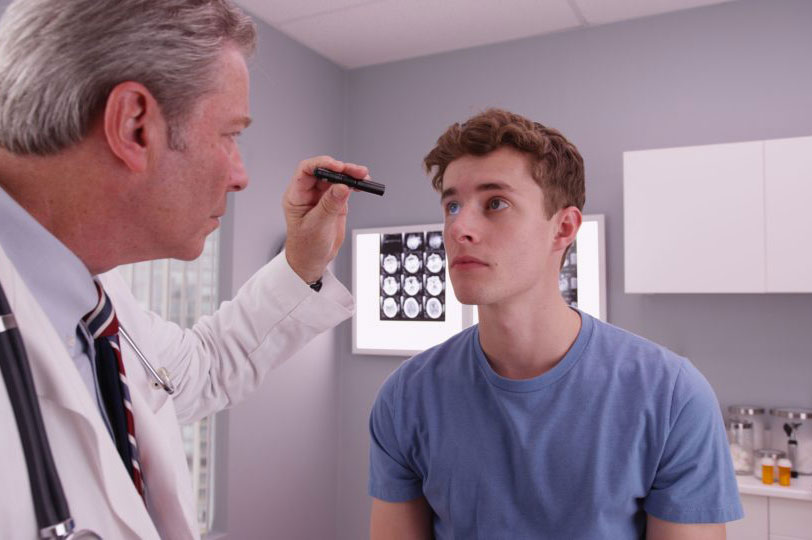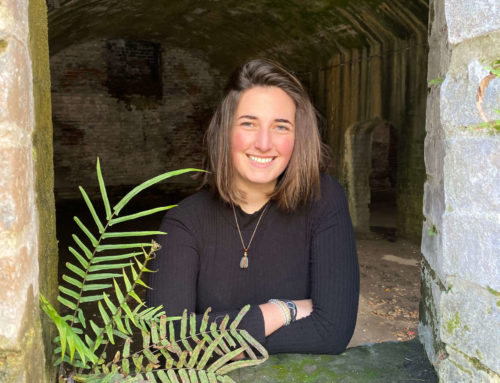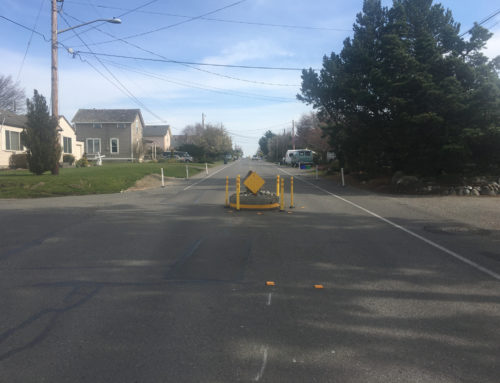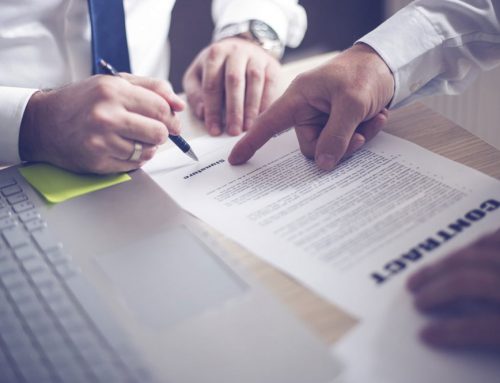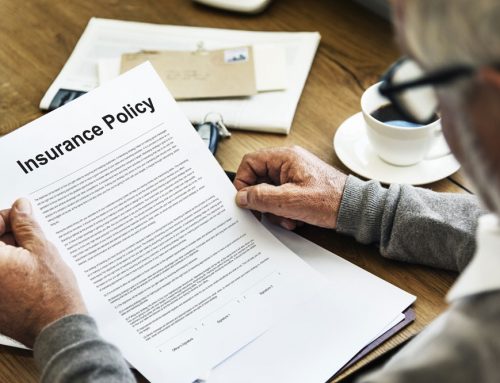If you’ve recently been involved in a motor vehicle accident, you may be unaware of the important steps necessary to take immediately following that accident. After all, car accidents may not be your field of expertise or something you’ve experienced in the past.
You may be wondering:
- “What do I do first?”
- “What do I do next?”
- “Am I leaving out an important step that will come back to bite me later?”
- “I’m so confused.”
- “I’m embarrassed.”
- “I’m too upset to think clearly.”
- “I feel like I’m in a fog.”
- “I’m in a funk.”
- “I hurt so much . . . I can’t think about anything else but how to get rid of this pain.”
- “I don’t have time to deal with this now.”
Car crashes commonly cause these normal reactions, as well as many others.
Car crashes don’t just traumatize our bodies. They can also traumatize our emotional well-being and our mental sharpness, as well as interrupt and interfere with our daily lives. They just do.
To help ease your post-trauma stress a bit, check out and check off the necessary steps listed below. Just take one simple step at a time.
- After you’ve exchanged names, addresses, phone numbers, and insurance companies with the other driver, notify the police.
- Immediately report the accident to your insurance company. Even if it’s a weekend or at night, make that call. If need be, leave a brief message with your name, phone number, insurance policy number, and reason for your call. If they don’t return your call within a day, don’t wait. Call them again until you talk to a person.
- Create a car accident file to save all information and documentation pertinent to the accident.
- Get a copy of the police report and save it in your car accident file, as well as the other party’s information.
- Take pictures of your damaged vehicle and of yourself too, if you have visible injuries, such as bumps, bruises, contusions, cuts, and/or abrasions. You may want to take pictures of the street(s), intersections, traffic lights, street signs, and/or the surrounding area pertinent to the accident.
- As soon as the day of the car accident or as soon as possible, start a daily diary recording all symptoms, conversations with involved parties (other driver, passengers, police officers, lawyers, insurance adjusters, medical doctors, chiropractors, therapists), and brief summaries of visits to healthcare practitioners and personal injury lawyers, including a date and signature with each entry. (For details see blog “A Daily Diary: Your Secret Weapon After Your Car Accident or Personal Injury.”)
- If you’ve been hurt, see a medical doctor and/or chiropractor. The sooner the better. If you don’t know whether or not you’ve been hurt, see your healthcare provider for an examination anyway—just in case. The longer you delay your first visit to the doctor after the accident, the better it is for the insurance company, and the worse it is for you! (Read blog “Think You’re Not Hurt After Your Car Accident? Think Again.”)
- Call a personal injury attorney to first find out if your particular accident case needs an attorney or whether the case is simple enough to “do it yourself.” Of course that first phone call and consultation at Urquia Law are at no charge to you. In fact, you never pay us attorney fees out of your pocket. When you win your case and get paid, we get paid by the at-fault insurance company or party. If you don’t get paid, neither do we.
- Be sure the personal injury lawyer you choose is a trial-tested, insurance-savvy expert in personal injury law. When you break a bone, you “get fixed” by an orthopedic specialist, not a general medical practitioner. When you get in a car accident, your legal case “gets fixed” by a car accident specialist (personal injury attorney), not a general law practitioner.
- Most importantly of all, be patient with yourself. Even pamper yourself a bit. You’ve been through a lot and will benefit from whatever it takes to help you relax and recover from the trauma you’ve suffered. We’re here to help you do exactly that.

